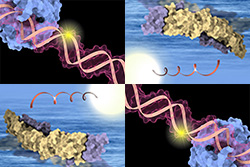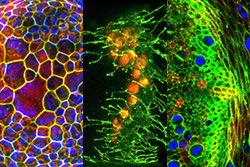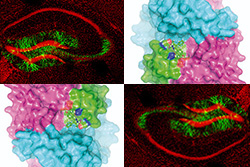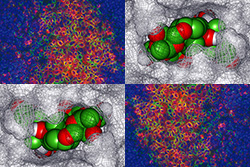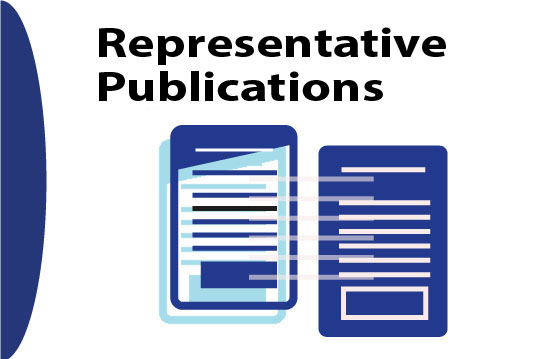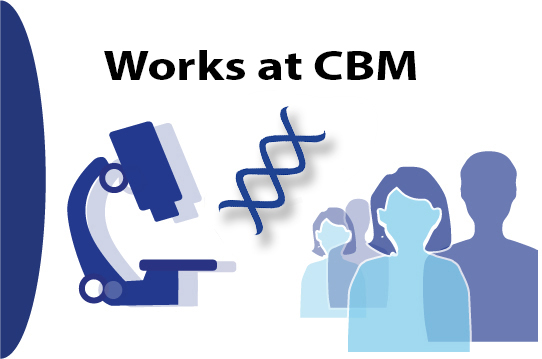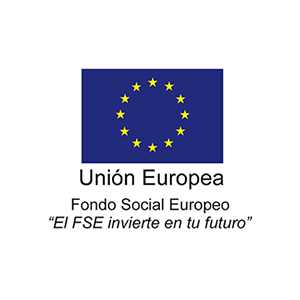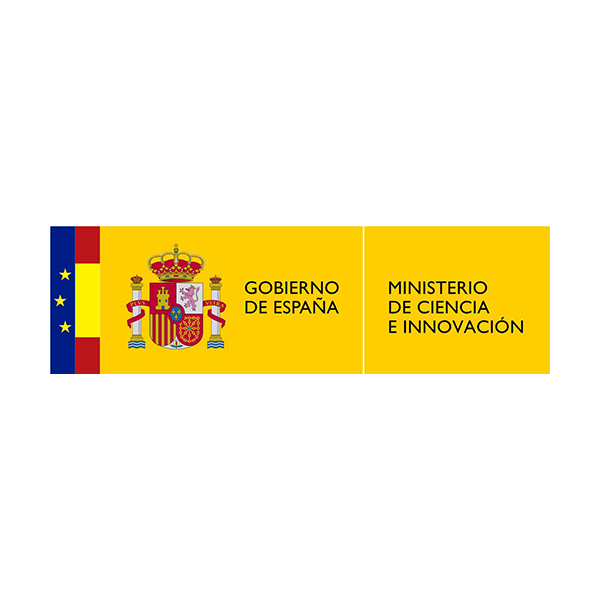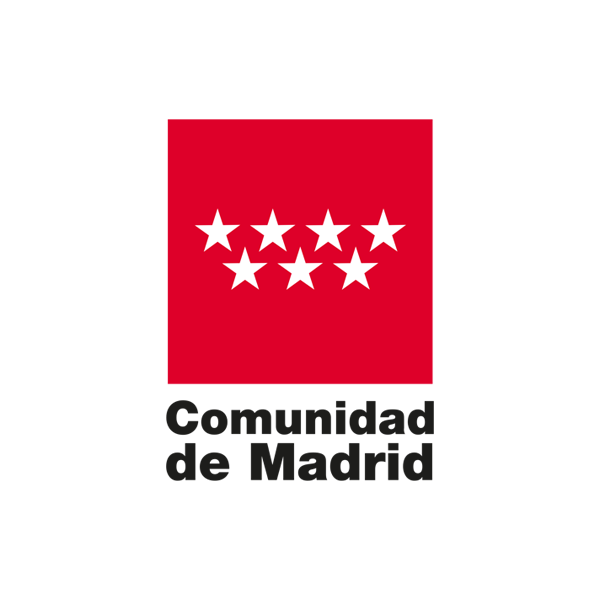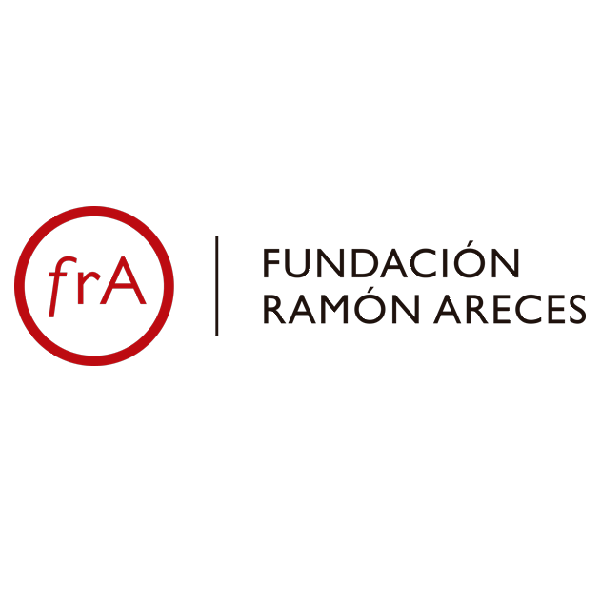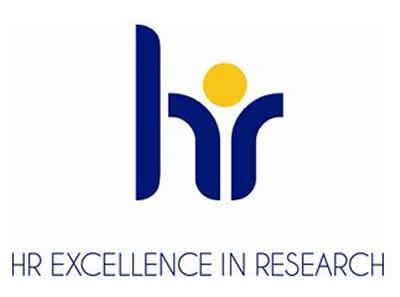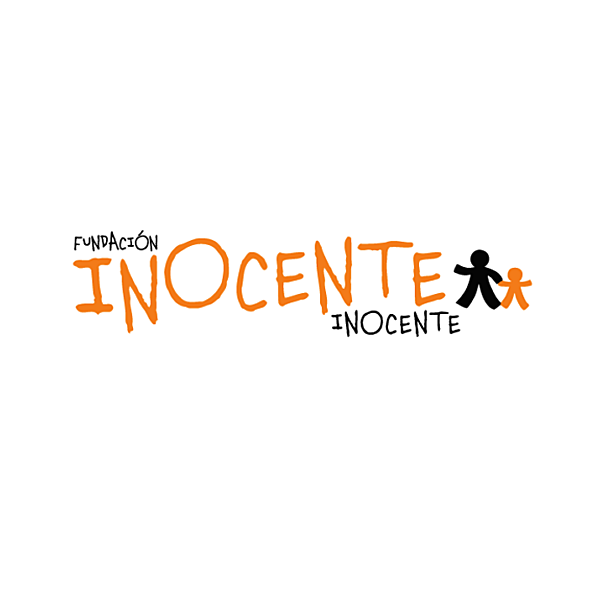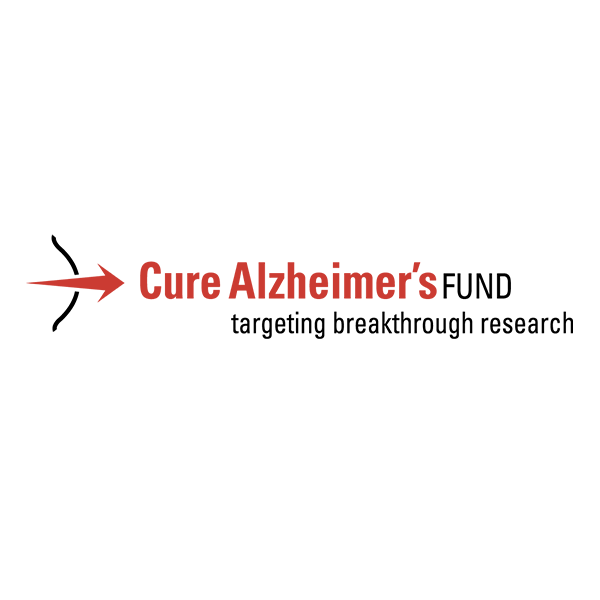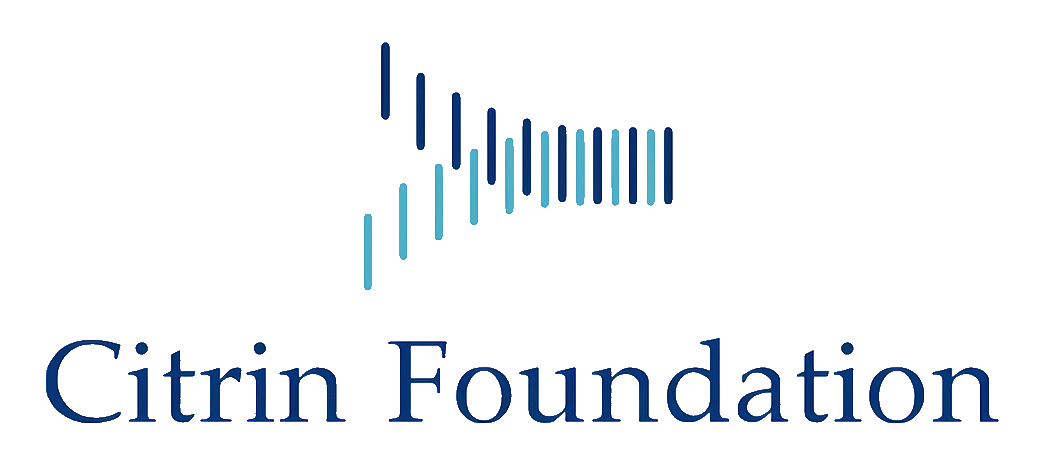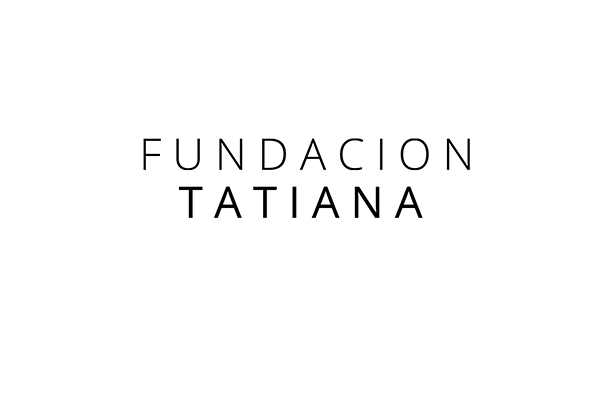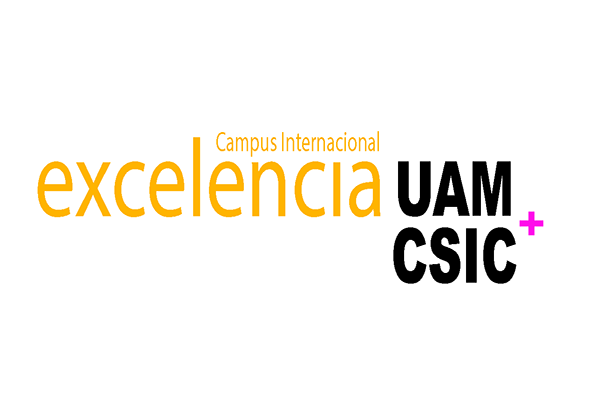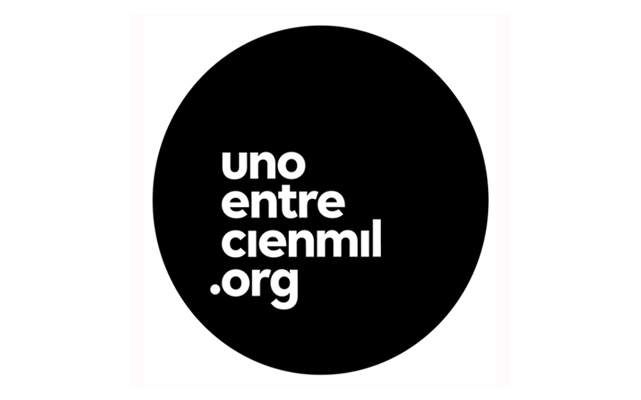Discover our programs and units
Next Events
24 Apr
2024
15:00h
Seminar Program 4 - Interactions with the Environment
Title: "Sugar is not just for tea! Sweet tasting fibroblasts in inflammatory Rheumatoid Arthritis”
Speaker: Miguel Pineda (Centre for the Cellular Microenvironment (CeMi), University of Glasgow)
Host: Miguel Angel Íñiguez
Internal Seminar
25 Apr
2024
12:00h
25 Severo Ochoa Seminar Cycle "Advances in Molecular Biology"
Title: “Metabolic Rewiring Driving Metastasis Formation”
Speaker: Sarah-Maria Fendt (VIB KU Leuven Center for Cancer Biology. Leuven, Belgium)
Host: Eduardo Balsa ebalsa@csic.es Ext. 4739
26 Apr
2024
15:00h
Doctoral Thesis Defense
Title: " Identification of translocation pathways alternative to the transporter TAP involved in antigen presentation to CD8+ T lymphocytes”
Speaker: Víctor Muñoz Abad
Directors: Luis Antón / Margarita del Val
Place: Sala Ramón Areces, CBM
29 Apr
2024
12:00h
Job Seminar
Title: “Modulation of cellular senescence as a new strategy to treat metabolism-related diseases"
Speaker: María Fernández Rubín de Celis (Beth Israel Deaconess Medical Center / Harvard Medical School)
Host: Carlos Dotti cdotti@cbm.csic.es Ext. 4519
Place: Sala Ramón Areces, CBM
07 May
2024
15:00h
Special Seminar
Title: “aRukon, una nueva solución tecnológica para la reutilización racional y valorización de muestras de experimentación animal"
Speaker: Javier S. Burgos (Unidad Predepartamental de Medicina. Facultad de Ciencias de la Salud. Universitat Jaume I)
Host: Esther Serrano eserrano@cbm.csic.es Ext. 4639
Place: Sala Ramón Areces, CBM
10 May
2024
15:00h
Doctoral Thesis Defense
Title: "Role of TAP and proteasomes in antigen presentation during cytomegalovirus infection”
Speaker: Cristina Rodríguez Rojas
Director: Margarita del Val
Place: Sala Ramón Areces, CBM
17 May
2024
12:00h
Doctoral Thesis Defense
Title: "Requerimientos biomecánicos para el crecimiento de los tumores linfoides”
Speaker: Alberto Hernández Alcántara
Director: Miguel R. Campanero
Place: Sala Ramón Areces, CBM
23 May
2024
11:00h
Doctoral Thesis Defense
Title: "Genómica funcional aplicada a la identificación de dianas terapéuticas en enfermedades metabólicas hereditarias”
Speaker: Diana Gallego Martínez
Director: Belén Pérez González
Place: Sala Ramón Areces, CBM

